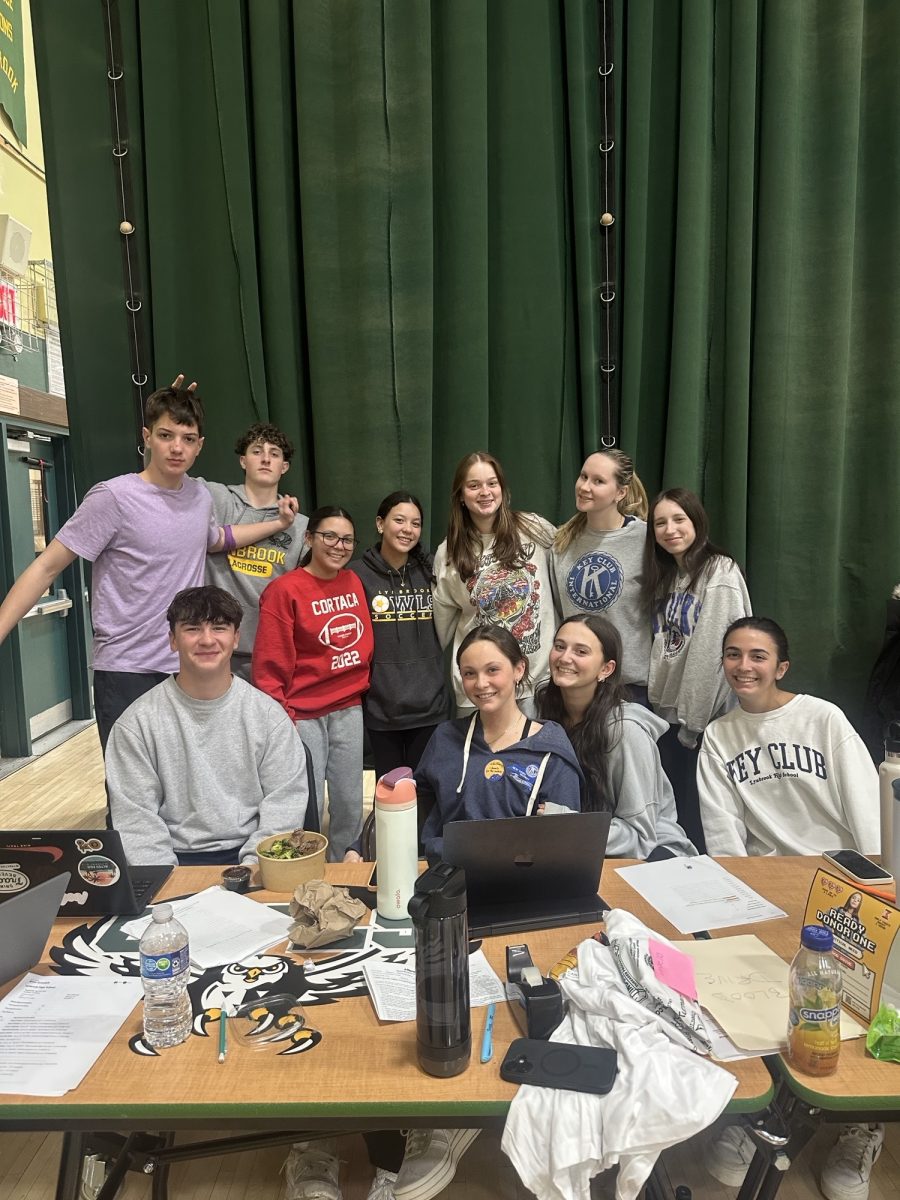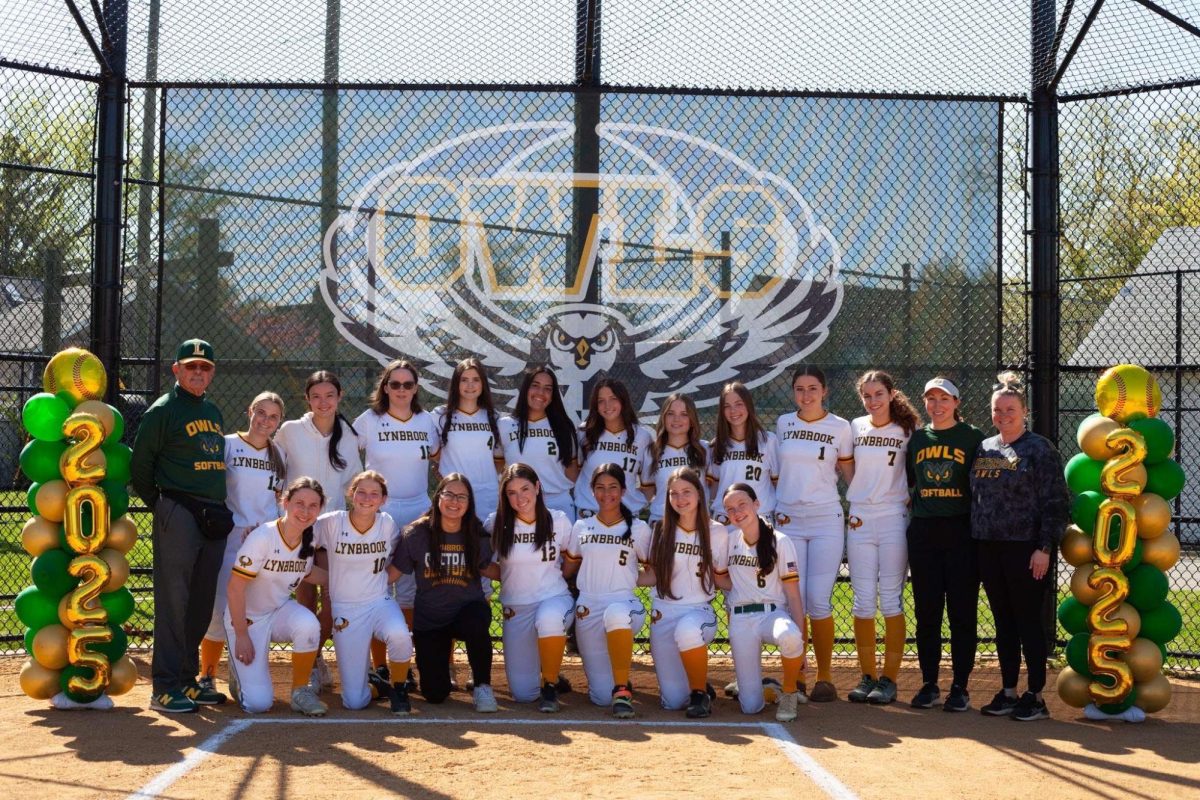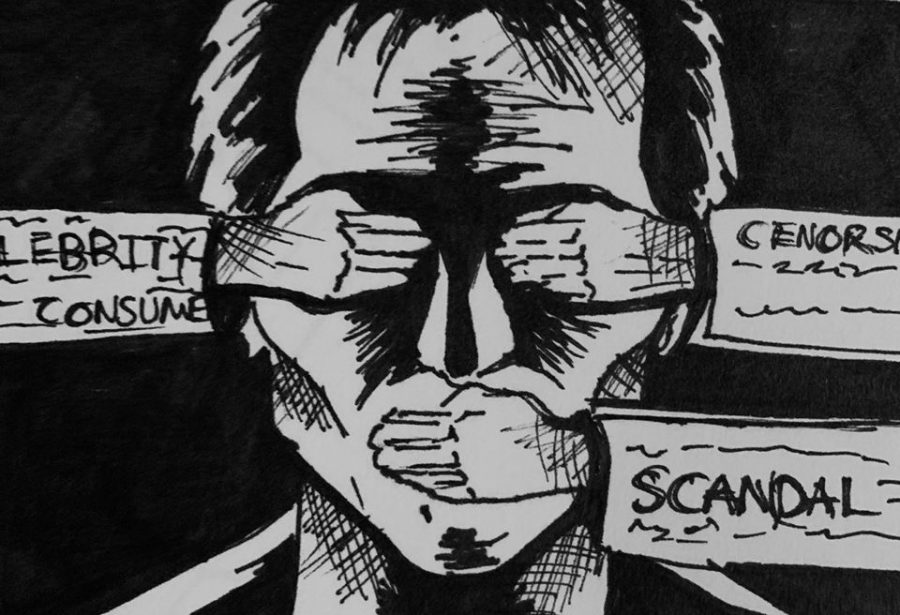Should Social Media Platforms Censor Posts?
Facebook and Twitter are social media platforms where people can post any information they want, true or false. In recent months, however, there has been rising concern that posts are being censored by the media companies, specifically posts regarding political information or opinion.
False information does have negative implications. Libel can damage the credibility of the media platform, the person who posted the information, and the subject. To avoid liability and character damage, social media platforms, which allow people to post unverified information, need to decide to what extent they should censor posts that contain misleading information.
Junior Lily Cohen commented, “When I view posts that give information, I often find myself believing it. It is not until I discuss with others that I realize not everything I read was true. This makes me feel lied to. Social media businesses should inform users that not everything they read has been proven to be true.”
Censoring every post that has not been proven true is a huge, unrealistic, and unconstitutional responsibility for social media companies. If a platform claims that every post is true, because the ones that are untrue have been censored, big problems can occur if even just one post is not entirely true. To avoid losing credibility and avoid censorship, companies should put broad warnings on posts, informing users that not every post is verified, and false information might be posted.
Instagram has recently added a similar feature, using a combination of feedback from community members and its own technology to send posts, suspected of containing false information, to fact-checkers. Junior Malachey Cavassa believes the Instagram feature is “very effective” and that other social media platforms should include this. He said, “If there was false information being spread about me, I would be extremely angry, and depending on what the information was, I would take the matter up legally. A notice before the post claiming that the post is not proven true could help save the image of a victim of a rumor.”
Platforms which take measure to inform users that posts have not been fact checked can prevent situations like the Hunter Biden scandal. Twitter lost much credibility after Rudy Giuliani, President Donald Trump’s personal lawyer, tweeted unproven information about Hunter Biden, the president-elect’s son. Giuliani claimed to find evidence pertaining to Hunter Biden using drugs. According to Politico, “Rudy Giuliani has said he obtained the materials from the laptop of Hunter Biden. They have not been reviewed or verified…”
This tweet caused quite the damage to Biden’s reputation. Twitter does not have the right to completely censor the post and delete it because that would go against the first amendment of the Constitution, which establishes freedom of speech and expression. However, to protect Biden, and other victims of rumor, social media platforms need to make clear that a post is not true. Whether the company clarifies that each individual post is not verified, or that every post may not be verified, social media platforms must inform their users.
Senior Brian Super commented, “Social media is responsible for the information being posted on their sites. It is a huge job to monitor every single post, so the company should put a broad warning that the posts have not been fact checked. To avoid liability, platforms should inform their users that not everything they read is true to save the reputation of the victim and protect the credibility of the company.”
Anyone can post false information and spread fake news that can damage somebody’s reputation, career, and life. To protect their users, social media platforms need to clarify that information on posts are not verified and that anyone can post anything. It is almost impossible, and wholly unconstitutional, for companies to censor posts, so a clear warning stating that the information being posted may not be true can prevent major predicaments.

I am a member of the Class of 2022. I have a brother, Jake, who is two years older than me. I enjoy playing sports such as soccer and lacrosse.







































